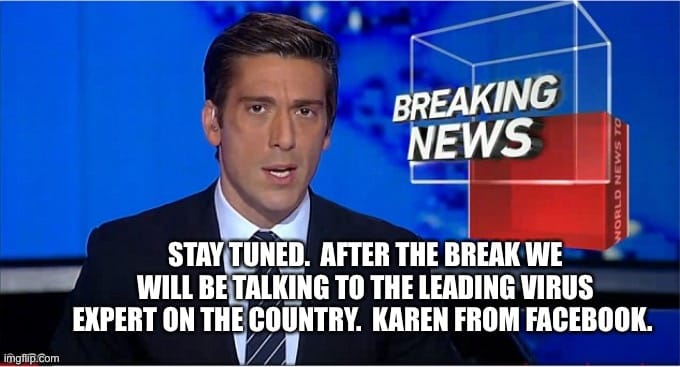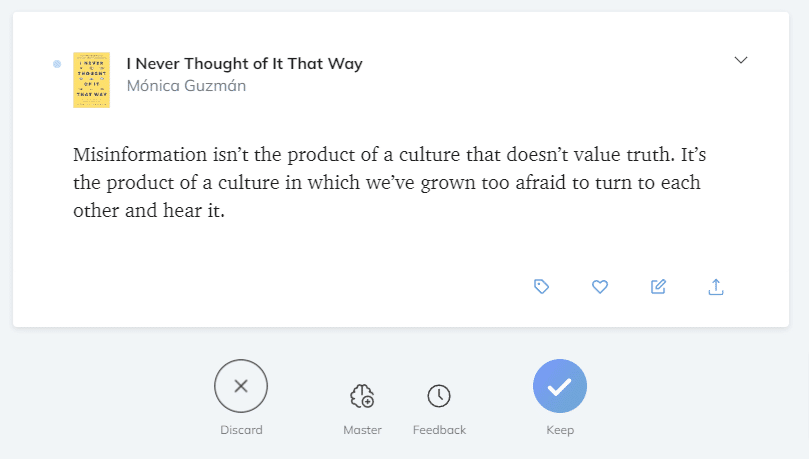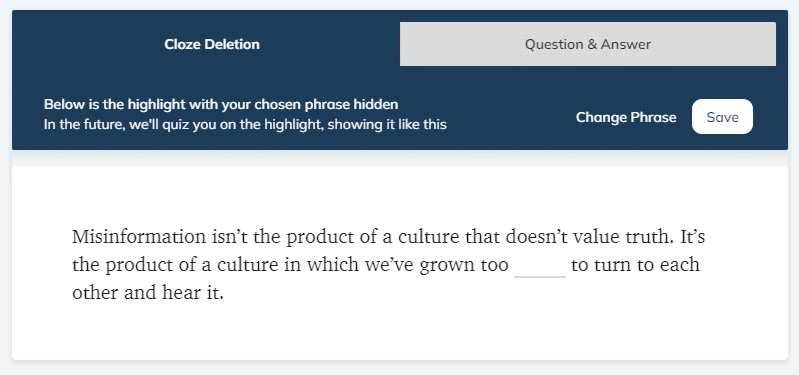Confidence is a good thing. If you can be confident in what you believe, what you know, and who you trust, that’s fantastic. However, if you have to project fake confidence as a way to avoid being seen as vulnerable, that quickly becomes a big problem.
In David Clark’s excellent book “Tao of Charlie Munger“, David shares a quote from Charlie and then gives a bit more context on it.
Charlie said “I try to get rid of people who always confidently answer questions about which they don’t have any real knowledge.”
I agree with that statement, and I love the way David summarized it:
The problem here is one of trust. If people don’t have the integrity to admit when they don’t know something, how can one ever trust them? It is much better to jettison such a person and find someone with a bit more intellectual honesty. Again, Charlie shows that he is as interested in knowing what is unknown as in knowing what is known. The opinion of someone who can’t tell the difference is useless.
This comes up in so many places. A big problem with AI tools today is that they’ll hallucinate and give you fake answers, but they’ll be very confident in their response. We recently saw a lawyer foolishly use ChatGPT in his work, and despite ChatGPT assuring him that the data was real, most of it was completely made-up.
Knowing your shortcomings is a powerful thing, as significant learning comes from being wrong. If you can admit when you don’t know the answer, you’ll gain trust with those around you and you’ll likely learn more and become more wise in the process.



